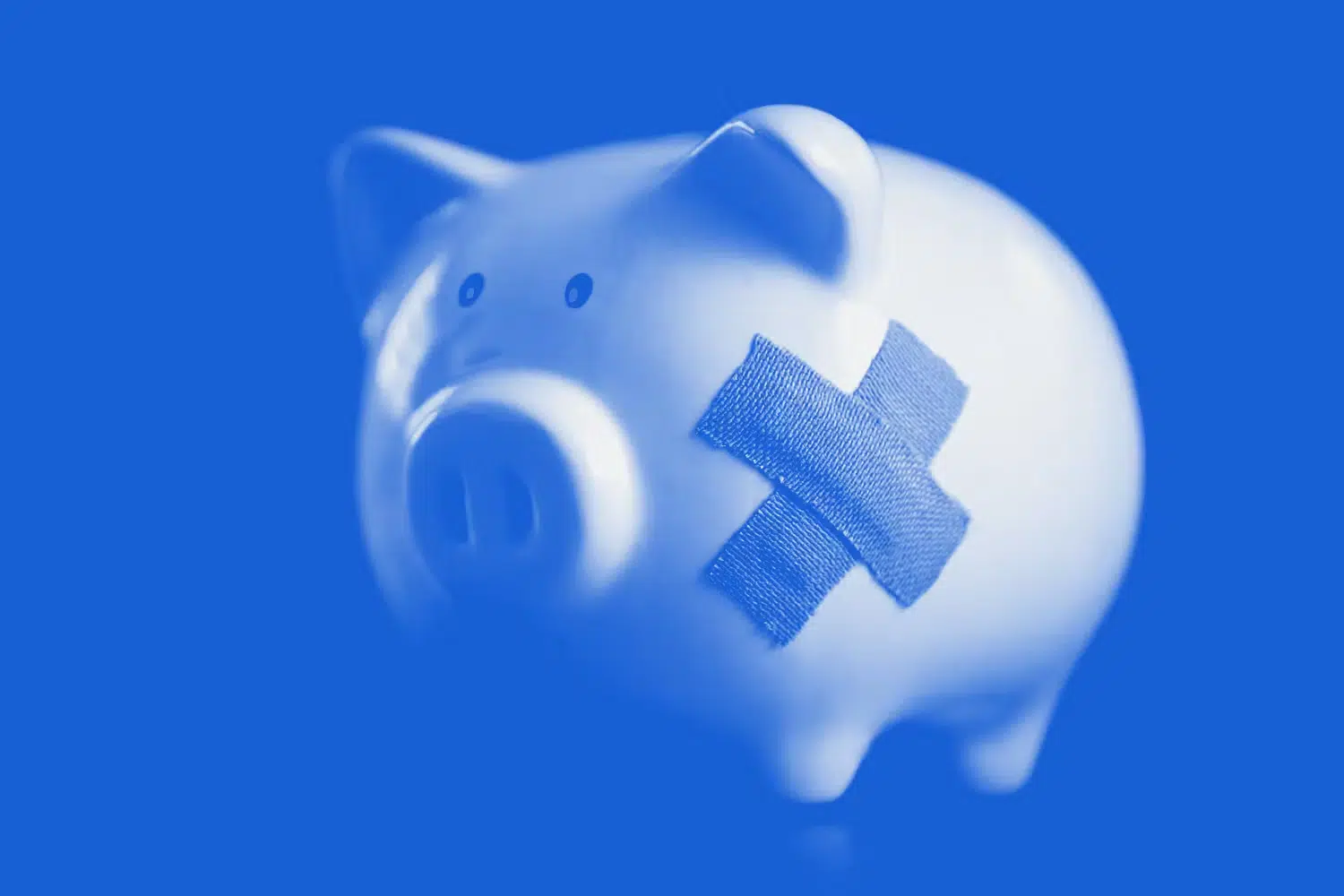
How to Repair Your Own Credit

Having a healthy credit report is crucial for your financial wellbeing. Your credit report provides a snapshot of your credit history, including your payment history, credit utilization, and outstanding debts. A poor credit report can impact your ability to obtain loans, credit cards, housing, and sometimes even employment.
Whether due to missed payments, high debt levels, or errors, a negative credit report can be an obstacle to achieving your financial goals. In this article, we’ll provide you with steps to repair your credit report, including disputing errors, paying down debts, and establishing positive credit habits.
Take These Steps to Repair Your Own Credit
By following these steps, you can improve your credit report and take control of your financial future.
1. Check your credit report.
Checking your credit report provides you with a comprehensive view of your credit accounts and payment history. Your credit report gives you a clear picture of your outstanding debts, credit utilization, and payment history. It is an essential first step in understanding where you stand with your credit accounts, including credit cards, loans, and mortgages.
Routinely checking your credit report can help you stay on top of your credit score and make informed decisions about your credit usage. With a complete understanding of your credit history, you can take steps to repair any damage and improve your overall financial health.
Furthermore, by reviewing your credit report, you can identify any inaccuracies or errors that may be affecting your overall creditworthiness.
2. Address any errors or inaccuracies.
Inaccurate information on your credit report can drag your score down— and it’s more likely than you think. According to a Consumer Reports study, 34% of people found at least one error on their credit report. By addressing errors or inaccuracies, you can ensure that your credit report is accurate and that your credit score is based on correct information.
When reviewing your credit report, look for any incorrect information, such as:
- Accounts that aren’t yours
- Incorrect balances
- Payments marked as late that you actually made on time
- Incorrect personal information, such as names or addresses
If you find any errors or inaccuracies, it’s important to dispute them with the credit bureau as soon as possible.
To dispute an error, write a letter to the credit bureau that provided the report and include any supporting documentation. The credit bureau will investigate the dispute and generally respond within 30 days.
For more information on how to dispute a discrepancy, visit the Consumer Financial Protection Bureau website.
3. Pay down your debt.
High levels of debt have a negative impact on your credit score and creditworthiness.
When you have large debt balances, it affects your credit utilization ratio, which is the amount of credit you’re using compared to the total credit amount that is available to you. High credit utilization can signal to creditors and lenders that you may be overextended and may have difficulty making payments on time. A high credit utilization ratio will also result in a lower credit score and can make it more difficult to obtain loans or credit.
By paying down your debt, you can improve your credit utilization ratio and demonstrate to lenders that you are a responsible borrower.
Note: If you pay off a credit card, don’t close the account. Closing a credit account can cause your credit score to fall.
Creating a Debt Plan
Creating a debt plan can be an effective strategy to help you pay down debt and improve your credit.
Start by making a list of all your debts, including their interest rates and minimum payments. Consider using the debt avalanche or snowball method to prioritize which debts to tackle first. Make sure to budget for monthly payments towards your debts and consider ways to increase your income or reduce expenses to accelerate the payoff process.
4. Pay your bills on time.
Payment history is the biggest factor in calculating your credit score. Paying your bills on time is essential to maintaining a good credit score and improving your credit report. Late or missed payments can significantly harm your credit score and can make it more difficult to obtain credit in the future.
If you struggle with making on-time payments, consider setting up automatic withdrawals to make payments easy. Additionally, some financial services like StellarFi will help you report utility bills you pay to the bureaus, helping you build a positive payment history quicker.
5. Open new lines of credit responsibly.
It might sound counterintuitive, but opening a new line of credit can be a good way to improve your credit score and repair your credit. However, it’s important to be careful when choosing a new credit account and to use it responsibly.
One option to consider is a secured credit card, which requires a security deposit upfront that serves as collateral for the credit limit. This can be a good option for those with limited credit history or damaged credit, as it can help build a positive payment history and improve credit utilization ratio.
When choosing a new credit account, make sure to read the terms and conditions carefully and choose an account with reasonable fees and interest rates. It’s also important to use your new credit account responsibly by making on-time payments and keeping your credit utilization ratio low.
6. Negotiate with your creditors.
If you’re struggling to keep up with debt payments, it’s worth reaching out to your creditors to see if you can negotiate more favorable repayment terms. While not all creditors will negotiate with you, it’s always worth a try.
Before reaching out to your creditors, review your budget to determine what you can afford to pay each month. Be prepared to explain your situation and why you’re having trouble making payments. You can then propose a payment plan that works for you, such as a lower interest rate, a lower monthly payment, or a debt settlement. Be sure to get any agreements in writing and to follow through on your payment plan.
7. Change your spending habits.
Changing the spending and financial habits that may have led to a bad credit situation is critical to long-term financial health. Repairing your credit is just one step in the process, but it’s equally important to maintain good credit by practicing responsible financial habits. This includes monitoring your spending, creating and sticking to a budget, and avoiding overspending or unnecessary purchases.
Regularly monitoring your spending habits can help you identify areas where you can cut back or make changes to your budget. Creating a budget (and sticking to it) can help you prioritize your expenses and ensure that you have enough money to cover your financial obligations. It’s important to avoid overspending or using credit cards to make purchases that you can’t afford to pay off in full each month.
If you improve your credit without taking the steps to correct the habits that led to your poor credit, you may find yourself in the same situation a few months down the road.
Credit Repair Is a Marathon, Not a Sprint
Repairing your own credit can seem like a daunting task, but with the right strategies and commitment, it is possible to achieve better financial health. By taking steps such as checking your credit report for errors, paying down debt, and making on-time payments, you can repair your credit and improve your credit score.
Remember, the journey to better credit is a marathon, not a sprint! But by staying committed and taking steps every day to improve your habits, you can create a brighter financial future for yourself.


